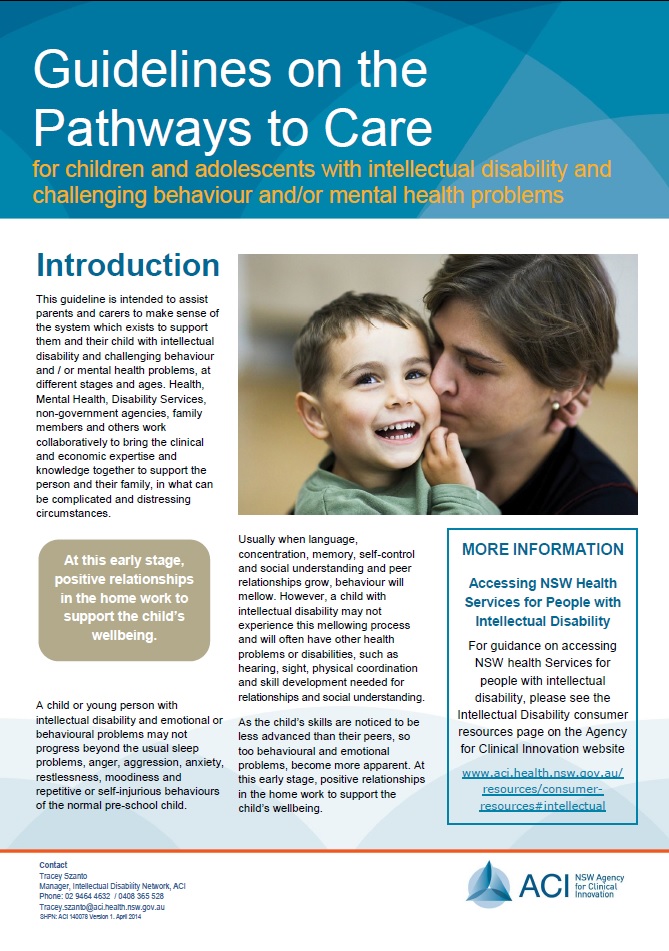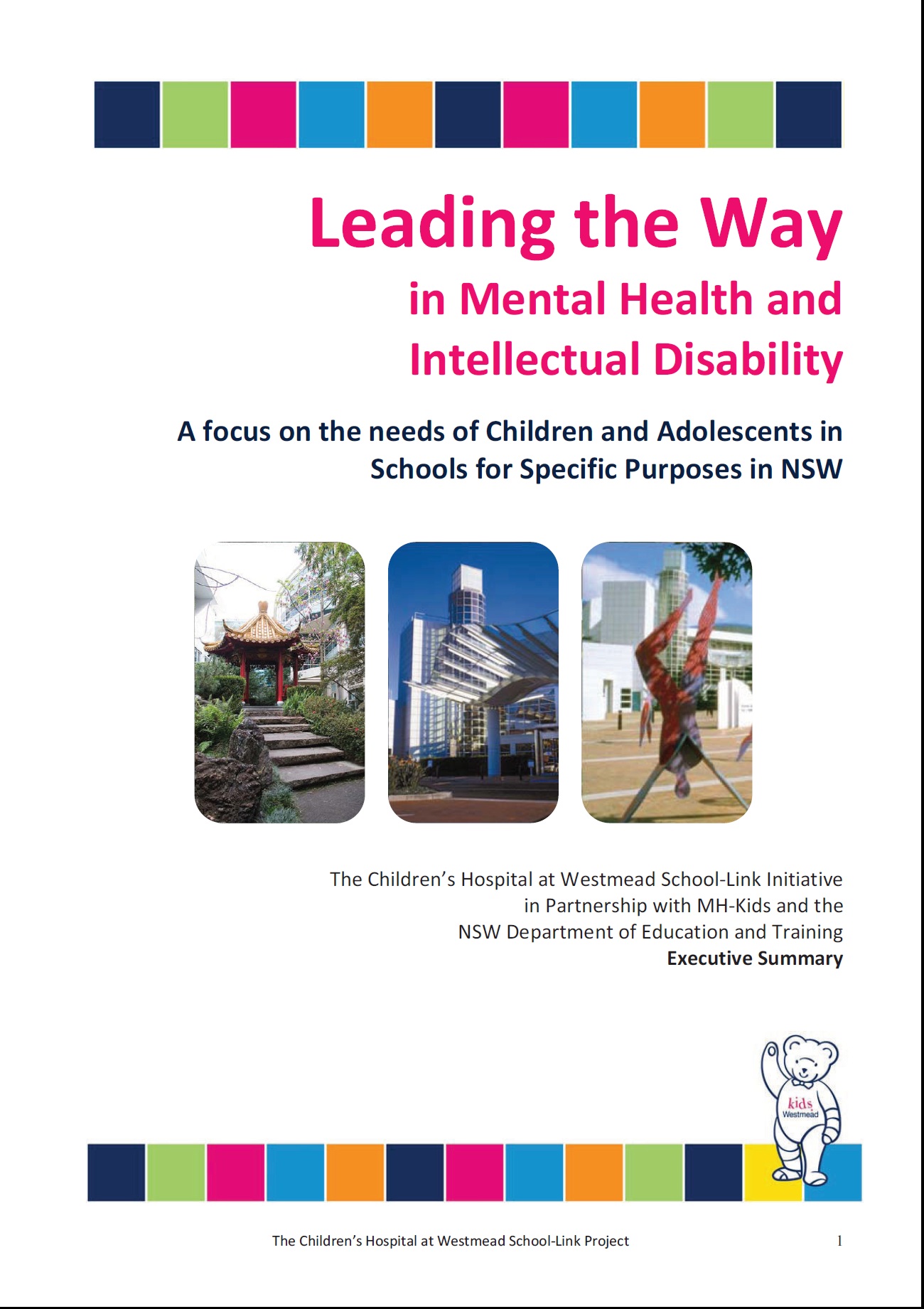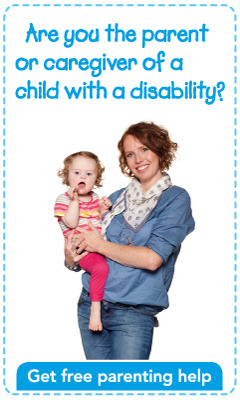Understanding the Child Holistically: from Genes to the Family 30th August 2016
 Monday, July 25, 2016 at 11:59AM
Monday, July 25, 2016 at 11:59AM A Seminar for professionals who work with children who have a disability hosted by The Disability Specialist Unit, Children's Hospital at Westmead.
Date: Tuesday 30 August 2016
Time: 2.00 pm – 4.30 pm
Where: ADHC Conference rooms – Level 2, 56 Railway Pde, Burwood
Cost: nil
During this seminar, we will explore 3 key topics that are important for the child and family, especially during the period of diagnosis. We will be working with key partners in the early intervention services as we plan the details of this seminar.
• Genetics of intellectual disability, current insights and future prospects.
Professor W Ted Brown, MD, PhD, Medical Geneticist, is Director of the New York State Institute for Basic Research in Developmental Disabilities. He was the first to describe a relationship between autism and the Fragile X syndrome.
• Developmental and cognitive testing: how do we ensure the results are meaningful for the child and parents
Ms Aparajita Gupta is an Educational and Developmental Psychologist with diverse experience in assessment with children and adolescents. She is a member of the APS College of Educational & Developmental Psychologists (NSW section) committee and current team leader for DSU.
• Understanding the family to better understand the child
Ms Jessica McCallum is a social worker accredited with the Australian Association of Social Workers, with further qualifications in systemic family therapy. She works part time at the Disability Specialist Unit assisting the process of diagnosis with a focus on providing information and support to families.
RSVP by Monday, 22nd August 2016.
Places are limited. Please email mausaum.guragain@health.nsw.gov.au to reserve your place
 Jodie Caruana | Comments Off |
Jodie Caruana | Comments Off | 







